Publications
Articles, publications, books, tools and multimedia features from the U.S. Institute of Peace provide the latest news, analysis, research findings, practitioner guides and reports, all related to the conflict zones and issues that are at the center of the Institute’s work to prevent and reduce violent conflict.
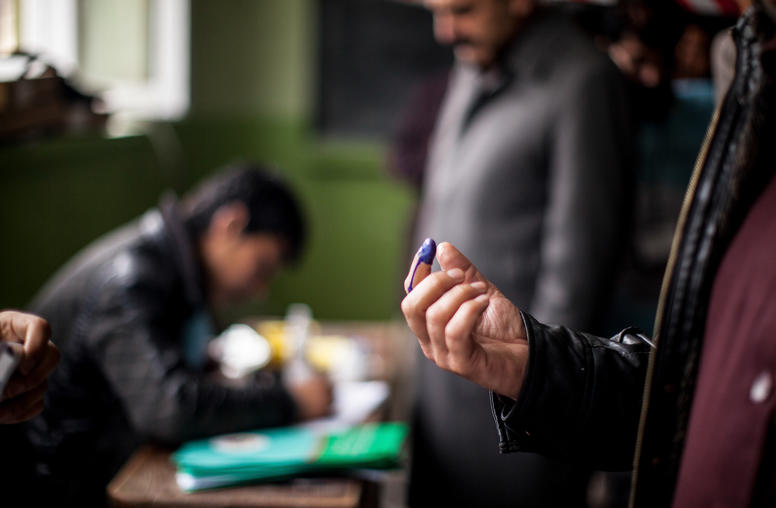
How to Build Out President Trump’s Afghan Plan?
President Trump’s blueprint for the U.S. role in Afghanistan broadly resembles that of prior administrations, correcting some previous errors while appearing likely to repeat others, USIP experts told journalists today.
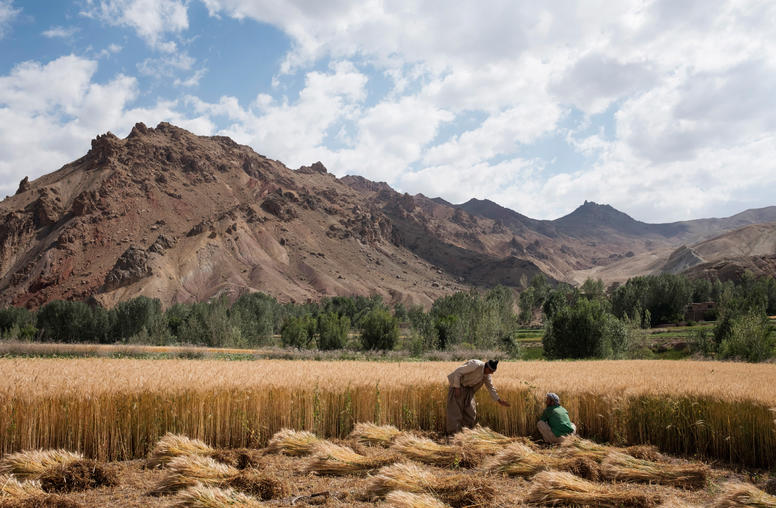
Troops, Reforms, Regional Role Define Afghanistan Plan
Along with military pressure to coax the Taliban into a peace process, the new U.S. plan for Afghanistan will support government reforms such as tackling corruption, economic development...
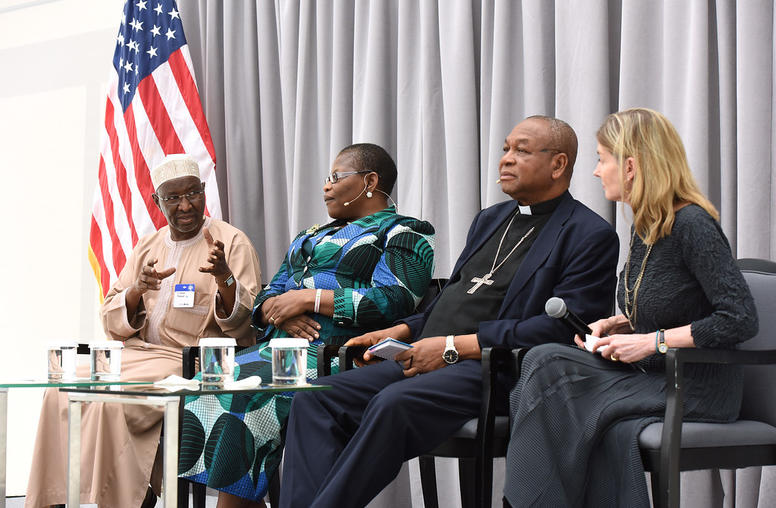
Nigerian Civic Leaders Assert a Role Against Violence
As Nigeria struggles to calm violent conflicts nationwide, including the Boko Haram insurgency, 11 eminent civil society leaders are summoning government officials to seek an unprecedented degree of citizen input on policy. Prominent religious, military, academic...
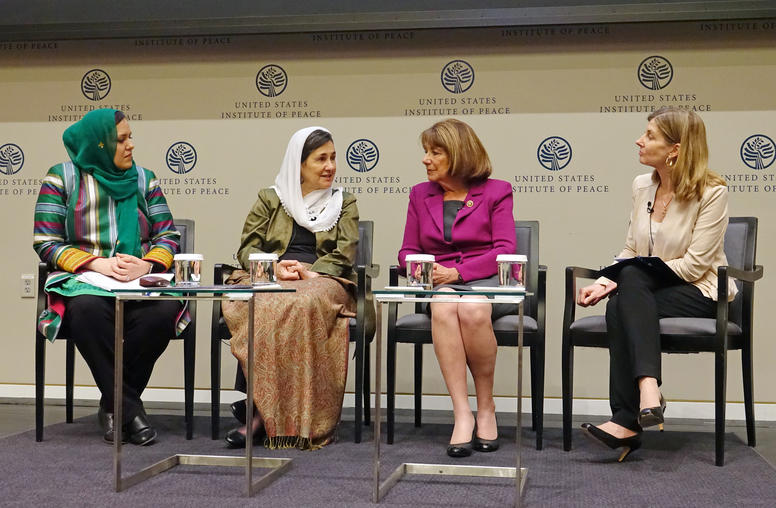
Afghan Women Step Up in Local, National Taliban Talks
Amid a spate of recent Taliban attacks across Afghanistan, I heard a different but equally important story during a visit to Kabul last week: women from major cities to rural villages are taking action to defuse local tensions...
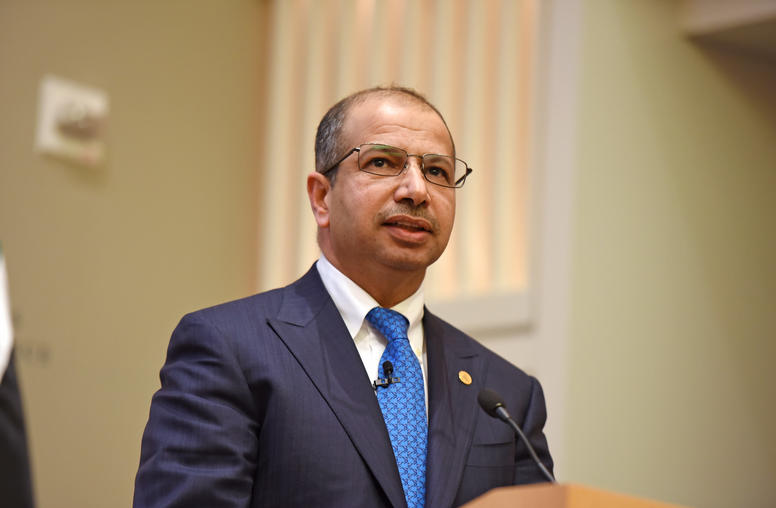
Iraq After ISIS: Sunni Leader Says It’s Time to Heal
With ISIS on the ropes in Iraq, now is the time to put in place political solutions that will reduce sectarian strife and prevent the resurgence of ISIS or similar groups, according to the speaker of Iraq’s parliament. “Military victory alone is not sufficient to confront terrorism,” said Saleem al-Jubouri, one of the highest-ranking...
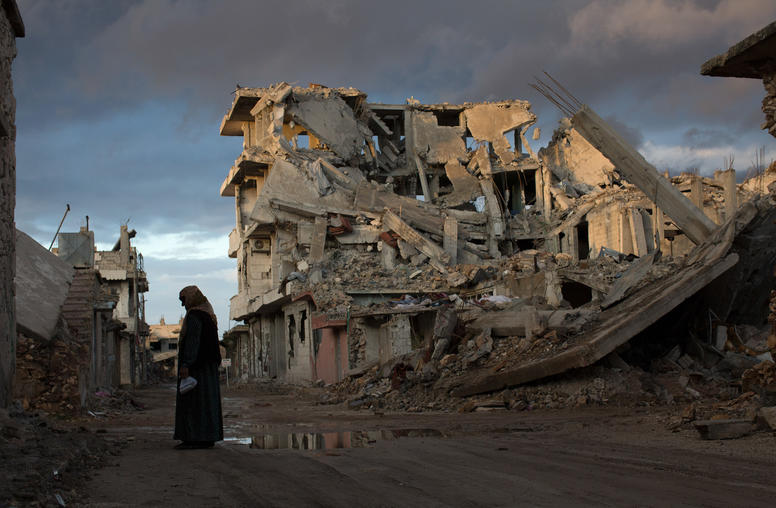
The Middle East: Divided, Dysfunctional
Even before President Donald Trump upended a core U.S. policy recognizing Jerusalem as Israel’s capital, late 2017 has been tumultuous in the Middle East. The Islamic State (ISIS) “caliphate” collapsed. Syria’s Assad regime all but won the six-year civil war, consolidating Iranian and Russian influence. Saudi Arabia purged...
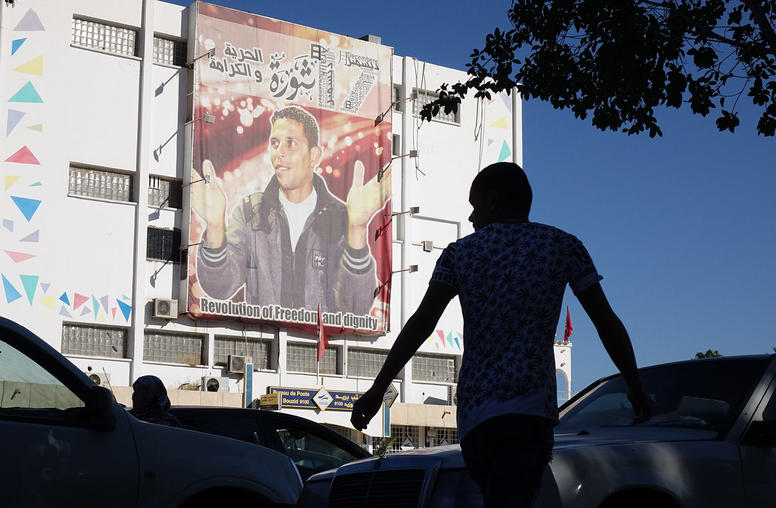
Tunisia: Democratic but Precarious
Amid central Tunisia’s dry farmlands, the city of Sidi Bouzid bustled one recent day under warm autumn sunshine. Street vendors and shoppers jostled under the roof of a new, open-air market, selling and buying produce or cheap clothes. Seven years after an impoverished street vendor in this city immolated himself and ignited the Arab Spring revolutions, his homeland has achieved a precarious stability. By many measures the Arab world’s only democracy, Tunisia remains hobbled by corruption, unemployment and violent extremism.
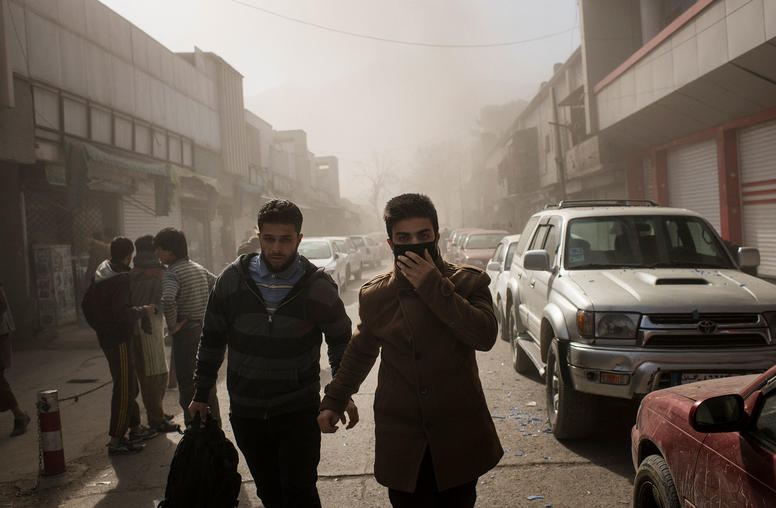
What’s Behind the Spike in Deadly Terror Attacks in Afghanistan?
In Afghanistan, a string of attacks has killed more than 130 people and wounded more than 300 in just over a week. Targets included a busy downtown block near a government hospital, an international hotel, a military training academy, and the global charity Save the Children.
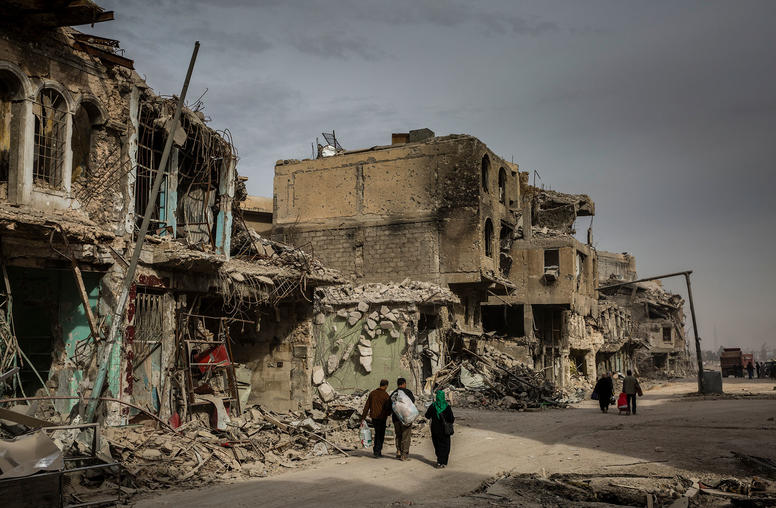
To Stabilize Iraq After ISIS, Help Iraqis Reconcile
An international conference opens in Kuwait Monday to plan ways to rebuild Iraq and secure it against renewed extremist violence following the three-year war against ISIS. A USIP team just spent nine days in Iraq for talks with government and civil society leaders, part of the Institute’s years-long effort to help the country stabilize. The Kuwait conference will gather government, business and civil society leaders to consider a reconstruction that Iraq has said could cost $100 billion. USIP’s president, Nancy Lindborg, and Middle East program director, Sarhang Hamasaeed, say any realistic rebuilding plan must focus also on the divisions and grievances in Iraq that led to ISIS’ violence and that still exist.
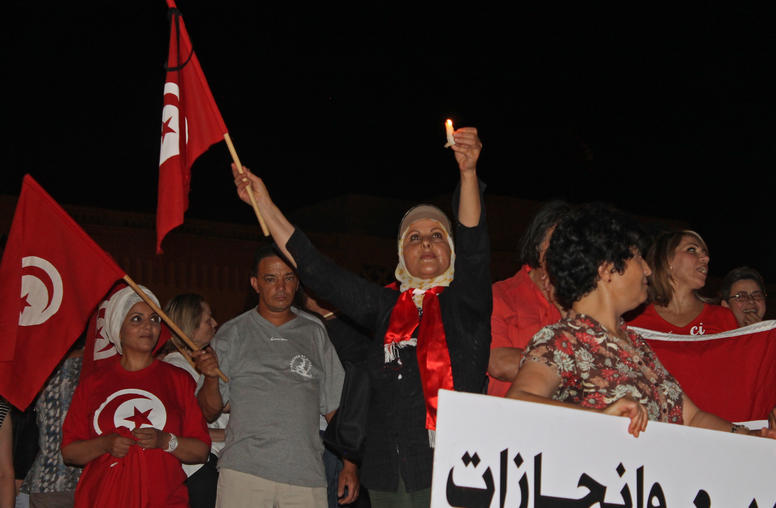
How Can U.S. Better Help Tunisia to Curb ISIS Recruitment?
As Tunisia last month celebrated the 2011 overthrow of its dictatorship, thousands of young Tunisians protested in streets nationwide, often clashing with police. Young Tunisians widely voice an angry despair at being unemployed, untrained for jobs, and unable to build futures for themselves. The single democracy to have arisen from the Arab Spring uprisings is undermined by the feelings of hopelessness among many youth, and by their exploitation by extremist groups linked to ISIS and al-Qaida. To help Tunisian, U.S. and other efforts to build hope for Tunisia’s youth, a small, USIP-funded project is measuring which kinds of programs are actually effective.